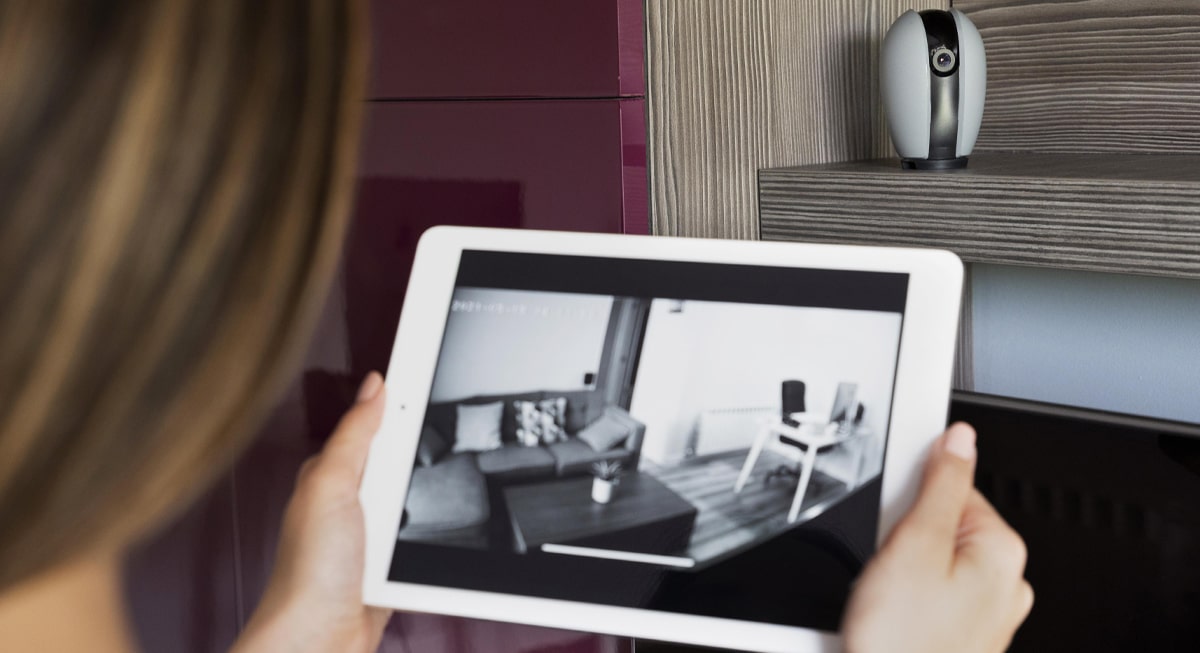I keep an electronic budget, but I don't always enter all of my credit card transactions right away. At least once a week (typically on Saturdays), I log on to my credit card account and download all the transactions and review them individually, placing them into categories.
And this weekend, I found a transaction that wasn't mine.
Someone used my credit card number to charge $100 worth of Starbucks gift cards.
No worries - I called Chase and told them what was up. Immediately, my card was canceled and a new one has been shipped to me. I don't know how my number was acquired, but I'm not too worried about it. But this revealed a flaw in my plan.
I have two main credit cards. One is used for all of my auto-billing. It pays the cable bill and the insurance bill, etc. And the other card is my "everyday" card. No, I don't use it daily, but it is the card I use for all of my other purchases. Except at some point, I fell off this plan and had a few revolving payments hitting my everyday card. Which meant that I had a few accounts to change since the card was canceled.
But I keep good records, so it wasn't too hard to fix. Let's hope this was just a small blip.









